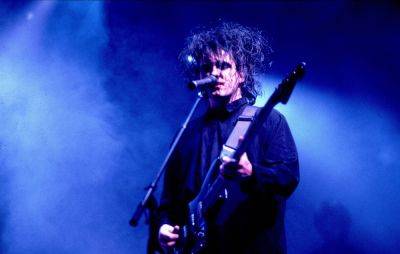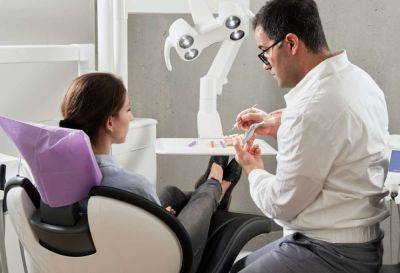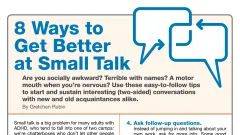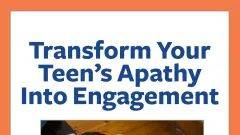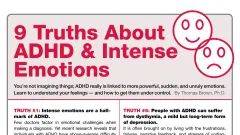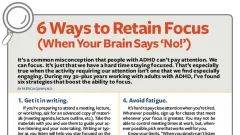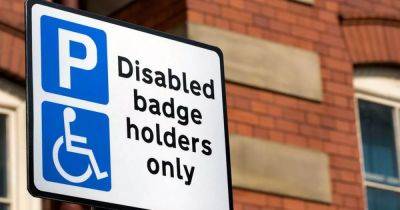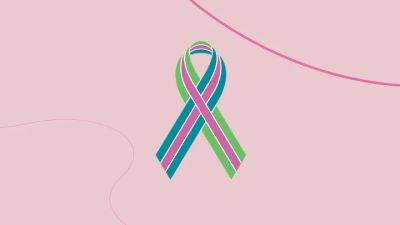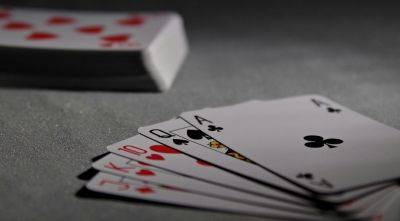[Screener] Social Anxiety Test for Teens
Social anxiety disorder is a common mental health condition that can significantly impact a teenager’s daily life. About 10% of teens have been diagnosed with the disorder,1 though its actual prevalence is likely higher, especially as anxiety rates in adolescents have skyrocketed in recent years, prompting the U.S.
Surgeon General to issue an advisory that warned of a youth mental health crisis.Teens with social anxiety disorder experience persistent and excessive fear in social settings that goes beyond shyness or nervousness.
They worry so much about being judged, embarrassed, or humiliated in front of others that they avoid activities they would otherwise enjoy.
Social anxiety often manifests as physical symptoms like sweating, trembling, or a racing heart, as well as emotional signs like irritability, self-doubt, and withdrawal from social interactions.Social anxiety disorder is associated with other mental health conditions, including ADHD. “Many teens and young adults with ADHD are susceptible to social anxiety due to executive functioning challenges that impair emotional control, working memory, and self-awareness (metacognition),” writes Sharon Saline, Psy.D. “They may avoid specific triggering situations such as in-person classes or feel intensely nervous and uncomfortable in any social environment.”Recognizing the signs of social anxiety disorder in your child is crucial for early intervention and support.
Read more on additudemag.com





